This article appears at the Forward this morning and can be read here.


This article appears at the Forward this morning and can be read here.

The recent charging of a nurse in England with the murder of eight babies in a hospital’s neonatal unit prodded me to write last week’s Ami Magazine column about similar crimes, government-sanctioned assisted suicide and the common condition I call “23-Pair Chromosome Syndrome.”
The column can be read here.
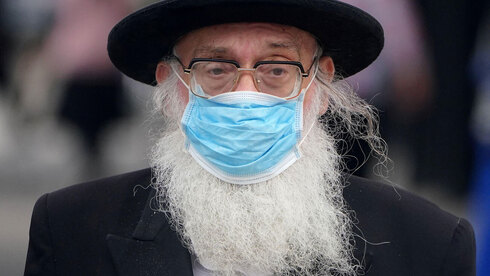
An article I wrote for Religion News Service about what New York’s draconian Covid-19 rules affecting Orthodox communities evidence about the rules’ crafters can be read here.
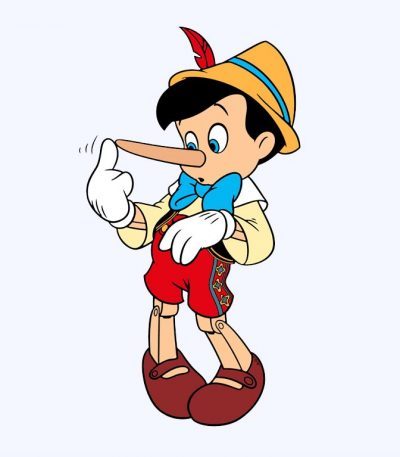
I have no beef with anyone who wishes to take issue with anything I’ve written. But I do object to the publication of something that blatantly and irresponsibly misrepresents what I have written. Like this recent piece in the Forward, ostensibly responding to an earlier one I wrote in the same medium.
If you read my essay, you will see that nowhere did I argue or insinuate, as Mr. Nosanchuk claims, that that “only Haredi Jewish leaders can speak for our city’s Jewish community.”
Nor does associating me with “violent attacks against journalists” have any respect for truth. In fact, it insults it. I have publicly and repeatedly condemned (in print and on-air) all such behavior, and didn’t reference it at all in my Forward piece, since it was irrelevant to its thesis.
And if Mr. Nosanchuk wishes to attribute to me the claim that Orthodox “practice of Judaism requires an exemption from public-health restrictions,” he really should be required to show where I have ever written such a thing. I have not. What I did write was that New York Governor Cuomo’s recent edicts were illogical and unfair — to any and all houses of worship.
I, further, never insinuated anything remotely like the contention that people should “risk their health or the health of their loved ones by attending a large indoor religious gathering.” Nor would I ever do so.
And I nowhere suggested that non-Orthodox rabbis “have no right to opine on the issue because they interpret Jewish law differently” than I do. I simply noted that non-Orthodox Jews are not hampered as much as Orthodox ones are by Mr. Cuomo’s draconian rules — and that representatives of the former should not call the latter “blasphemous” for standing up for their rights as Americans. The ugliness and falsehood of that accusation was what my article was about – and something Mr. Nosanchuk chose to utterly ignore.
As to his accusation that I align myself “with a small minority within the Haredi community that has flouted public-health restrictions and resorted to violence against fellow Jews who disagree with them.” That is beyond untruth; it is perilously close to libel. He maliciously created it out of whole cloth.
As he did his statement that I have resorted to “claims of antisemitism” against, presumably, the governor. Never have I ever made such a claim, not in my essay, not in any other writings and not in private conversation.
Finally, I didn’t “try” to “spin” the NYJA’s words as name-calling. Its words were name calling, at least if one considers “blasphemous” an insult. I really think most people would.
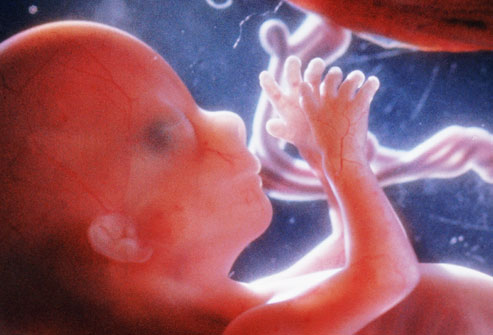
The Forward ran an opinion piece I wrote about abortion. It can be read here.
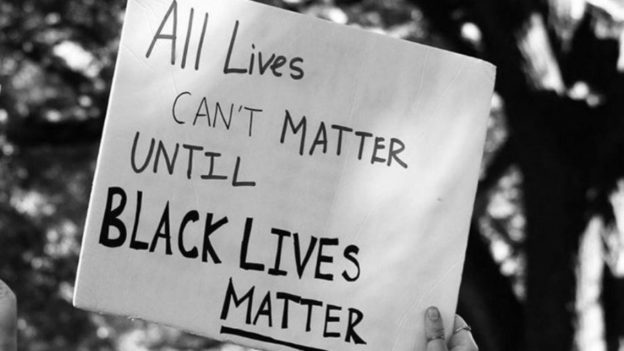
Dear Subscriber,
“Black Lives Matter” is a phrase that can describe any of a number of groups or an amorphous social movement. Is anti-Semitism pervasive in any of the groups or the movement itself? Are there signs of a healthy response from black public personalities toward Jew-hatred in general? My thoughts on the matter are here.

The United States has long provided fertile ground for all manner of cults and conspiracy theories. QAnon is but the latest and, thanks to the internet and to the respectability bestowed on it by a number of candidates for public office, it has become alarmingly popular.
That popularity is a broad danger in itself. But it should concern Jews in particular, as I note in my Ami Magazine column of last week, which you can read here.

Being sensitive is a good thing. Well, to a point. When sensitivity goes too far, though, it can enter silly or even slander territory. Some examples are in my Ami column of last week, which you can read at:
https://www.amimagazine.org/2020/08/26/sensitivity-gone-wild/
I was the guest on a Tablet Magazine podcast last week, concerning the open letter that I and others issued a few weeks ago about Jews, political rhetoric and partisanship. You can listen to it at: https://www.tabletmag.com/podcasts/take-one/eruvin-17
And finally, the organization for which I have proudly worked for more than a quarter century, Agudath Israel of America, is currently conducting a fundraising campaign. I have been amazed at how hard and effectively my Agudah colleagues have worked over the past challenging months — as they have over the years.
Please consider making a donation toward keeping the Agudah going. Just click on “donate” at the bottom of the page at the website below. And if you include a short note in the designated “message or dedication” box about how you heard about the campaign, I will be most honored:
https://www.charidy.com/agudahnational
Thank you and have a wonderful week!
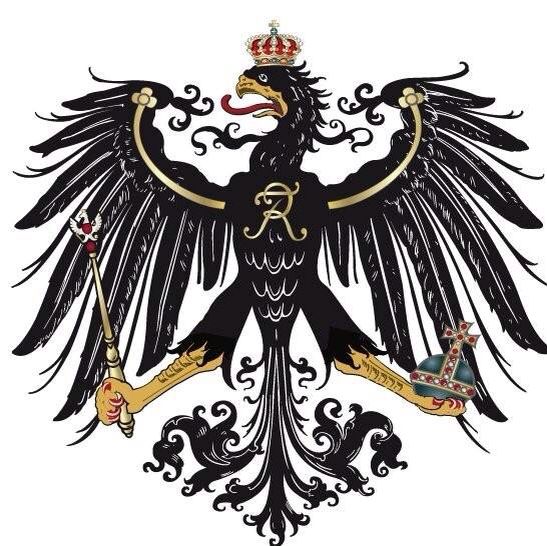
Some recent reading led me to wonder if there might be something about German soil that somehow resonates, in susceptible people, with cruelty and murder? Might the Nazi slogan “Blut und Boden!”—“Blood and Soil!”—hold deeper meaning than mere nationalist dedication to the land?
To read my thoughts on the matter, please visit:
https://www.amimagazine.org/2020/08/12/blood-and-soil/
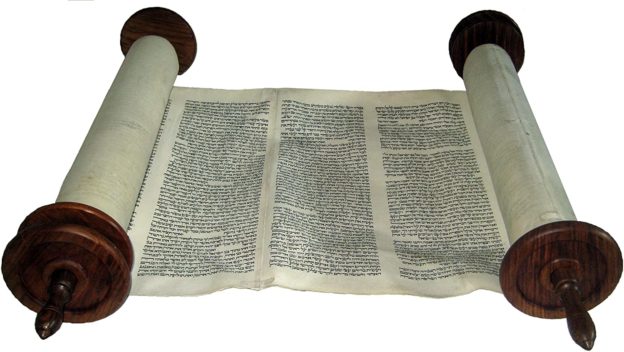
The unhealthy confusion of Torah values with politics brings disrepute to Torah and harm to Torah Jews.
No party platform can substitute for our mesorah.
As a community, we ought to clearly and proudly stand up for the Torah’s stance on societal issues, embracing a worldview that identifies with no party or political orientation. Our interests may dovetail with a particular party or politician in one or another situation, but our values must remain those of Sinai, not Washington.
Moral degradation infects a broad swath of the American political spectrum. In the camps of both liberals and conservatives, many political players are on a hyper-partisan quest for victory at all costs.
Good character and benevolent governance are devalued, contrition is seen as weakness and humility is confused with humiliation. Many politicians and media figures revel in dividing rather than uniting the citizens of our country. Others legitimize conspiracy theories. None of this is good for America, and certainly not for us Jews.
Shameless dissembling and personal indecency acted out in public before the entire country are, in the end, no less morally corrosive than the embrace of abortion-on-demand or the normalization of same-gender relationships. The integrity and impact of what we convey to our children and students about kedusha, tzni’us, emes, kavod habriyos and middos tovos are rendered hollow when contradicted by our admiration for, or even absence of revulsion at, politicians and media figures whose words and deeds stand opposed to what we Jews are called upon to embrace and exemplify.
These are not new problems. But the challenge seems to grow worse with time. If we don’t stop to seriously consider the negative impact of our community’s unhealthy relationship with the current political style, we risk further erosion of our ability to live lives dedicated to truly Jewish ideals.
We Jews are charged to be an example for all Americans.
Serious moral issues — truth, loyalty, contrition, vengeance, tolerance — are at the heart of much of today’s political discourse. Whether we realize it or not, many of us have come to be guided in such matters, at least in part, by politicians and media figures with whom we share neither values nor worldview.
We are a people charged with modeling and teaching ethical behavior and morality to others. It should be inconceivable for us to be, and be seen as, willing disciples of deeply flawed people who are now the de facto arbiters of what is morally acceptable. We should be ashamed when Torah leaders seem to have been replaced as our ethical guides by people of low character and alien values.
As Orthodox Jews, we live in a benevolent host society to which we have rightly given our loyalty. It is thus important that we not be regarded by the American public as turning a blind eye to the degradation of our moral climate in exchange for political support for parochial interests.
We must not allow ourselves to be co-opted by any party.
There are issues of great importance to us, like education funding, anti-discrimination laws and the affordability and safety of our neighborhoods, and we rightly advocate for our positions.
But we must reject the efforts of those who, for self-serving electoral gain, seek to turn Jews against any party or faction. Our practical focus should be on recruiting allies and building alliances, and we ought to shun partisan posturing that only alienates us from those who govern us.
We must ensure that Israel is not used as a political weapon.
We must oppose efforts to turn support for Israel from a broad consensus into a wedge issue. Although we may rightly be concerned about trends regarding Israel in some corners, indicting an entire party as anti-Israel is not only inaccurate but has the potential of becoming a self-fulfilling prophecy. Nor should any party’s strong support for Israel become a justification to blindly support its politicians in every other matter. We should advocate for Israel’s security and other needs without painting ourselves into a partisan corner.
We should vote as Jews, not partisans.
Nothing stated above is intended to address anyone’s voting choices. We write simply to caution against the reflexive identification of Orthodox communal interests with any particular party or political philosophy.
To that end, let us commit to being guided only by Torah perspectives and strive to insulate ourselves, our families, students and congregants from being influenced by the objectionable speech and conduct that have come to infect many parts of the political spectrum.
When we vote, let us do so as Torah Jews, with deliberation and seriousness, not as part of any partisan bandwagon. We are not inherently Democrats or Republicans, conservatives or liberals. We are Jews – in the voting booth no less than in our homes – who are committed, in the end, only to Torah.
Rabbi Emanuel Feldman
Rabbi Hillel Goldberg
Jeff Jacoby
Eytan Kobre
Yosef Rapaport
Rabbi Avi Shafran
Dr. Aviva Weisbord